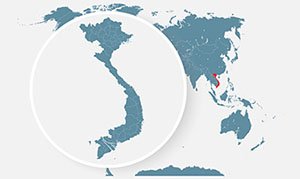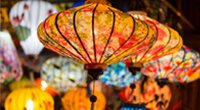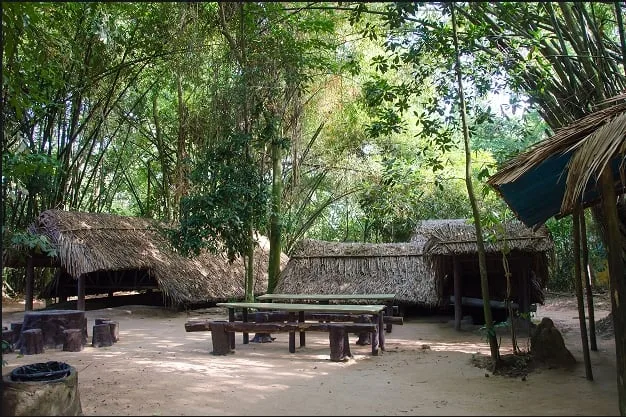Contents
ToggleIs Tipping Expected in Vietnam?
Tipping in Vietnam isn’t mandatory, but it’s increasingly appreciated—especially in the tourism and hospitality industries. While it’s not part of traditional Vietnamese culture, a small gratuity is seen as a kind gesture and is becoming more common, particularly among international travelers.
Where Tipping Is Most Common:
- Major cities like Hanoi, Ho Chi Minh City, and Da Nang
- Tourist hotspots such as Halong Bay, Hoi An, Sapa, and Phu Quoc
- Restaurants, spas, hotels, and guided tours
In rural or remote areas, tipping is less expected but always warmly received when given with respect and gratitude.
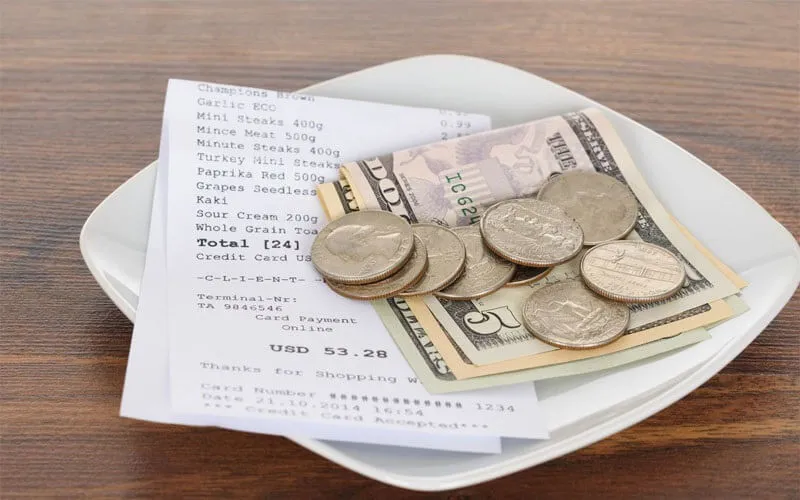
How Much Should You Tip in Vietnam?
While tipping in Vietnam is not obligatory, it’s a thoughtful way to show appreciation—especially in the tourism and service sectors. Here’s a practical tipping guide to help you navigate different situations:
💼 Tour Guides & Drivers
Tour Guides
- Small group (under 4 people): €5–€8 / $5–$8 per traveler, per day
- Larger group (5+ people): €3–€6 / $3–$6 per traveler, per day
Drivers
- Typically: €2–€4 / $2–$4 per traveler, per day
These professionals often go the extra mile to ensure a smooth and enriching experience, so a tip is always appreciated.
🧘♀️ Experience-Based Services
Boat Rowers (e.g., Tam Coc, Mekong Delta):
- €1–€2 / $1–$2 per person
Cyclo Drivers (pedicab tours):
- €1–€2 / $1–$2 per person
Masseuses & Spa Therapists:
- €1–€2 / $1–$2 per treatment
Porters on Trekking Tours:
- €1–€2 / $1–$2 per day
Local Homestays:
- €1–€2 / $1–$2 per night, or consider leaving a small souvenir or gift
📝 Quick Tips:
- Always tip in cash and in local currency (VND) when possible.
- For exceptional service, feel free to go beyond these ranges.
- In remote areas, even modest tips are greatly valued.
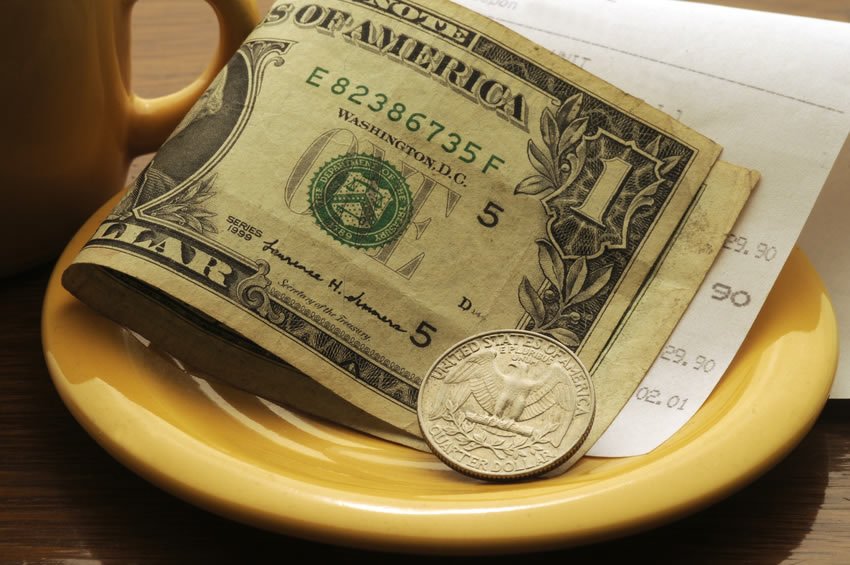
When and Where Should You Tip in Vietnam?
Tipping is a small gesture that goes a long way—especially in Vietnam’s growing tourism industry. Here’s where and when it’s most appropriate to tip:
✅ Tour Guides
Tour guides are your cultural bridge—sharing stories, translating local customs, and ensuring a smooth travel experience.
💡 Tip at the end of your tour as a thank-you for their dedication, especially on multi-day trips.
✅ Drivers
From airport pickups to long road journeys, drivers keep your trip on track.
💡 Tip after a full day or long-distance ride, especially if they’ve been punctual, safe, and helpful with luggage or local insights.
✅ Experience Providers
Whether you’re:
- Rowing through rice paddies in Tam Coc
- Enjoying a cyclo tour in Hanoi
- Relaxing with a spa treatment
…these providers often rely on tourism for their livelihood.
💡 A small tip at the end of the experience is always appreciated.
✅ Porters on Trekking Tours
In regions like Sapa, Ha Giang, or the Central Highlands, porters assist with carrying gear on tough terrain.
💡 Tipping is customary at the end of your trek, and considered a respectful acknowledgment of their hard work.
✅ Local Homestays
At family-run homestays, tipping isn’t always expected in cash. Instead:
💡 Bring a small gift—like chocolate, tea, or a local souvenir from your home country. These personal tokens are warmly received.
📝 Final Tip:
When in doubt, ask your tour operator or hotel staff about local norms. A little generosity, offered sincerely, always leaves a positive impression.
Would you like to add a section about tipping at restaurants, cafés, or hotels next?
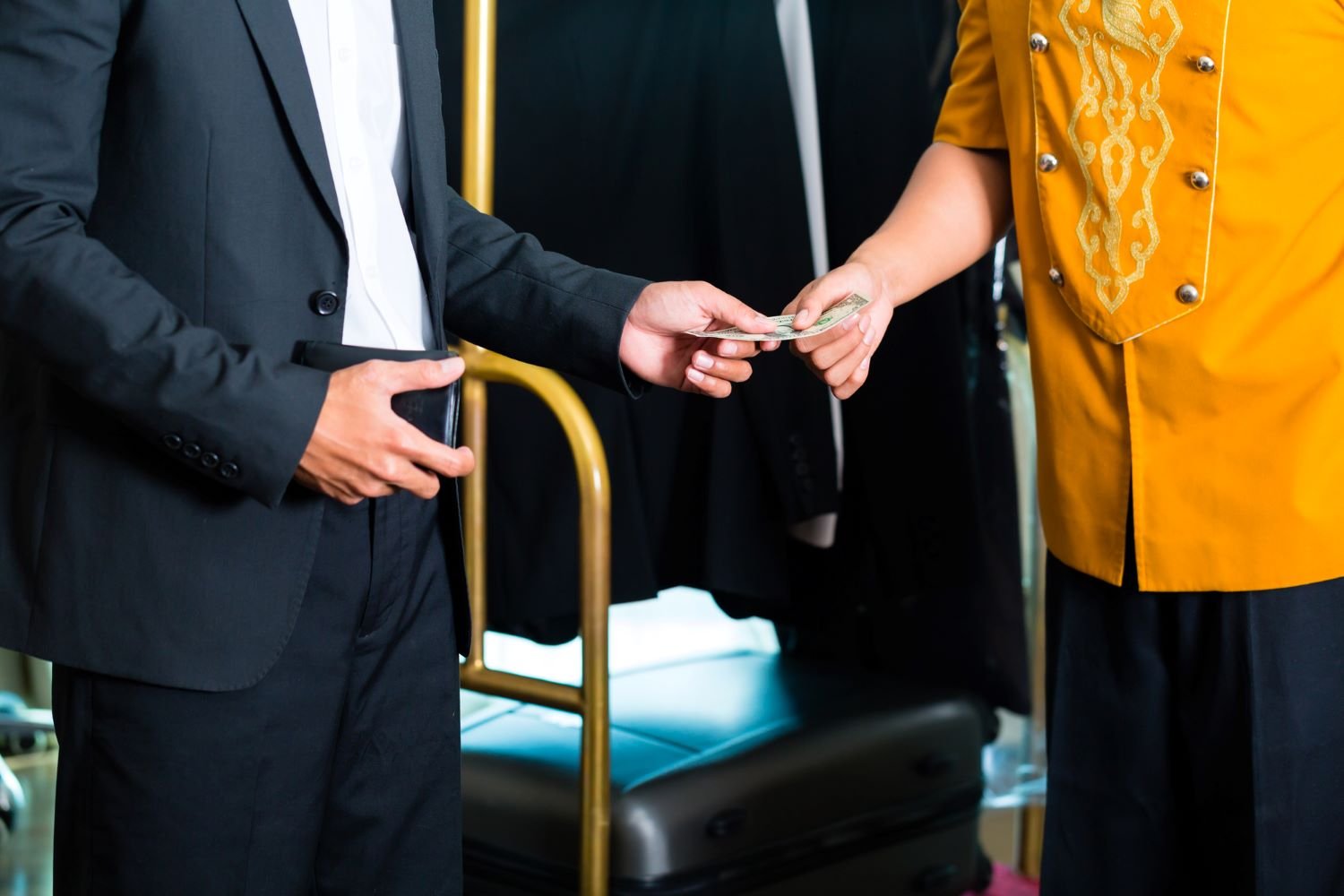
Tipping at Hotels, Restaurants, and Shops in Vietnam
Tipping practices vary depending on the setting. Here’s what to know when navigating gratuities at hotels, restaurants, and markets:
🏨 Hotels
While not mandatory, tipping hotel staff is a thoughtful way to show appreciation for good service.
- Bellhops: VND 20,000–50,000 (≈ $1–$2 USD) for helping with your luggage
- Housekeeping: VND 50,000 per night, left at the end of your stay
- Concierge or Reception: Tipping is optional, but welcomed for exceptional assistance (like booking a hard-to-get reservation or helping with logistics)
🍜 Restaurants
Tipping customs vary by type of dining experience:
- Local eateries and street food stalls: Tipping is not expected
- Mid-range and upscale restaurants: A 5–10% tip is appreciated—just check if a service charge is already included on the bill
- Cash tips are preferred, and it’s best to hand it directly to your server to ensure it goes to the staff
🛍️ Shops & Markets
Tipping is not common when shopping in Vietnam, including at markets or souvenir stores.
However:
- If a vendor goes above and beyond—such as arranging special packaging, late-night delivery, or personalized items—a small cash tip (or a polite thank-you gift) is a kind gesture.
🎯 Travel Tip:
Tipping is always appreciated more when done respectfully and with a smile. Carry small denominations (VND 10,000–50,000) for spontaneous tips throughout your journey.
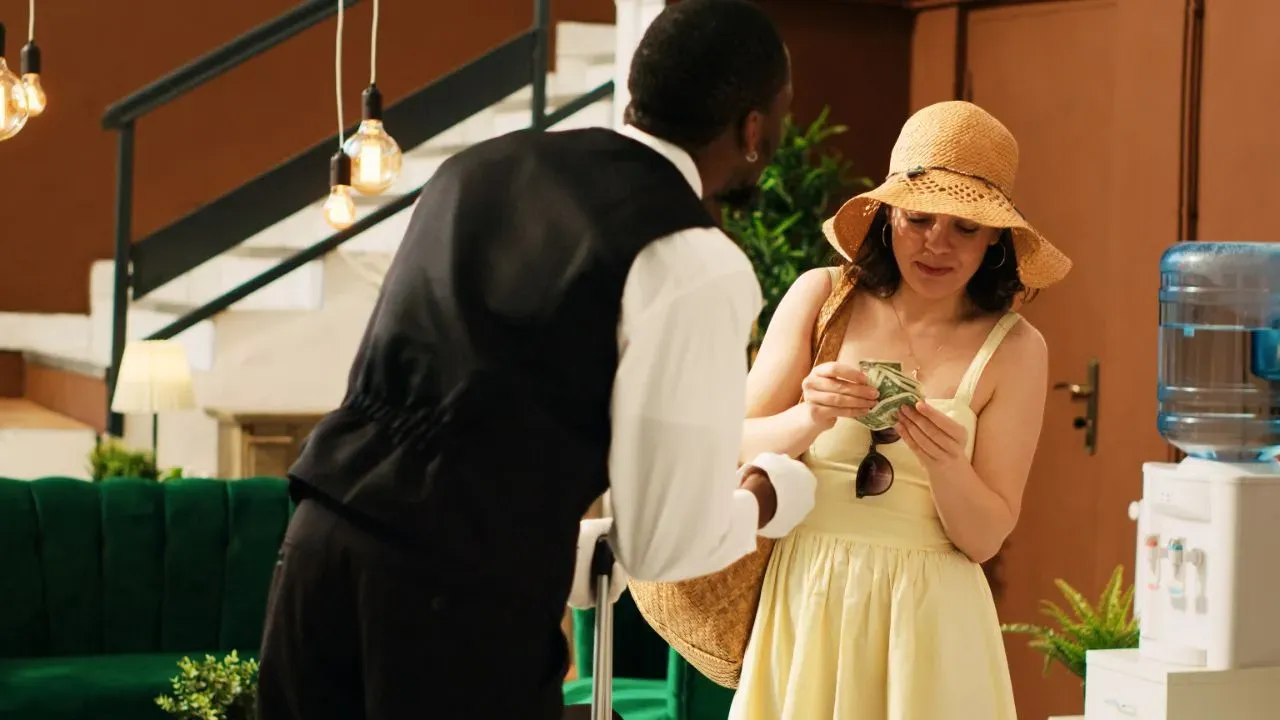
Frequently Asked Questions About Tipping in Vietnam
- Is tipping compulsory in Vietnam?
No, tipping is not mandatory—but it’s increasingly expected in the tourism and hospitality industries. A small tip goes a long way in showing appreciation for good service. - Who should I prioritize when tipping?
Focus on those who enhance your personal experience, including:
- Tour guides and drivers
- Boat rowers (e.g., Tam Coc, Mekong)
- Massage therapists and spa staff
- Cyclo drivers
- Porters on trekking tours
These individuals often rely heavily on tourism income.
- How should I give the tip?
Ideally, hand the tip directly to the service provider with a smile. In group tours, you can ask the guide to distribute tips fairly among the team. - What currency should I use?
Vietnamese Dong (VND) is best.
However, small USD or EUR notes are also accepted in major tourist destinations—just avoid large foreign bills or coins, as they may be difficult to exchange.

Final Thoughts: Tipping in Vietnam the Right Way
Tipping in Vietnam is not about obligation—it’s about appreciation. Even a small amount can mean a lot to those working in service roles. Whether you leave a few coins, a heartfelt thank-you, or a small gift, your gesture helps support local workers and enhances cultural exchange.
So next time you enjoy a scenic boat ride, a guided city tour, or a perfectly grilled bánh mì, remember: a little generosity goes a long way in Vietnam.

